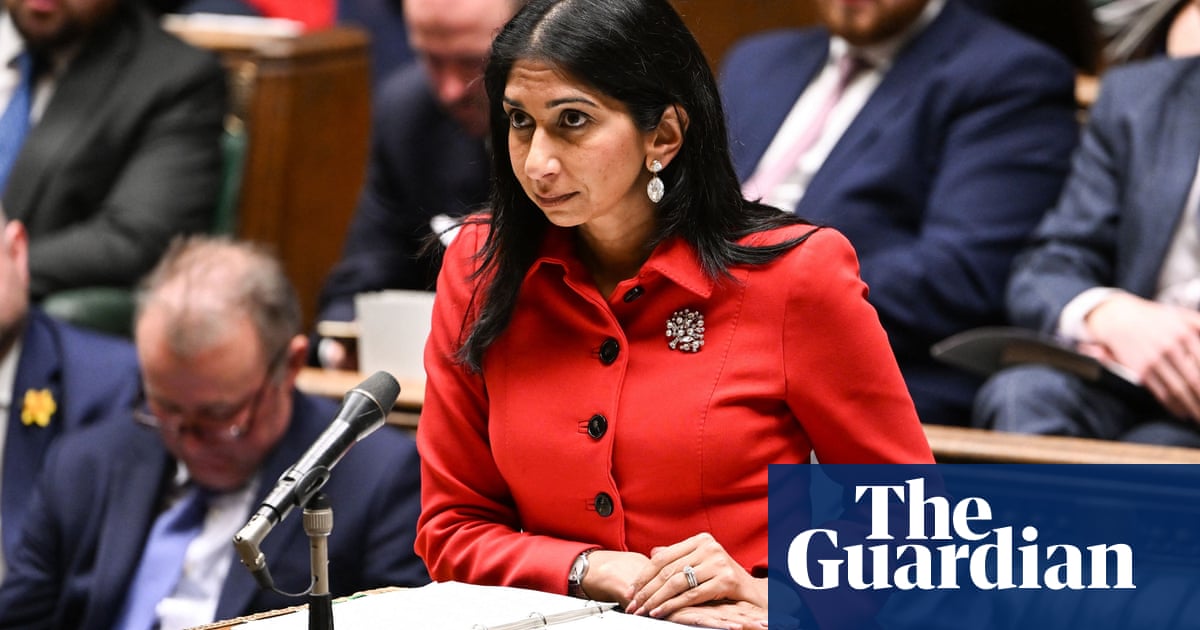
The schools minister, Jonathan Gullis, has been accused of a potential breach of the MPs’ code for failing to declare donations for pro-grammar-school campaigns when arguing in favour of selective education in the Commons.
In a letter to Kathryn Stone, the parliamentary commissioner for standards, Labour said Gullis should have declared a £7,200 donation towards a campaign for grammar schools when arguing as a backbencher for their expansion.
The register of MPs’ interests shows that Gullis, the MP for Stoke-on-Trent North, who was made schools minister in September by Liz Truss, received the money to pay for public relations advice for a campaign pushing for new grammar schools.
The letter, from the shadow schools minister, Stephen Morgan, notes that after receiving the money, Gullis twice spoke up in the Commons as a backbench MP to call for a new generation of grammar schools, without mentioning the financial interest.
While there is no suggestion that the money shaped Gullis’s views – a former teacher, he is a longstanding advocate of grammar schools – the MPs’ code of conduct says they should “be open and frank in drawing attention to any relevant interest in any proceeding of the house or its committees”.
It is understood that Gullis has already written to Stone to apologise for the oversight and to formally mention the financial interest.
The £7,200, to pay for PR advice for a campaign Gullis was setting up himself, was donated by the Kent-based property developer Quinn Estates, whose chief executive, Mark Quinn, is a previous donor to Tory MPs.
As schools minister, Gullis is in position to play a leading role in deciding whether or not Truss’s government will lift a ban on new grammar schools in England, imposed in 1998 under Tony Blair.
While selective state education still exists in several English counties, with 163 grammar schools remaining, the ban has prevented entirely new grammars from being created in the last 24 years, the only exception being for the expansion of existing schools.
During the Conservative leadership campaign Truss said she would examine whether this should be overturned, and has since tasked the new education secretary, Kit Malthouse, with looking into how this could happen.
While Gullis and other advocates of grammars say they assist students from disadvantaged backgrounds and would help improve schools across England, educational experts and research studies have shown they can actually damage social mobility, in part because their pupils tend to disproportionately come from more privileged families.
Although new grammars are a popular idea among Conservative members and some MPs, there is little evidence of their appeal among voters more widely, particularly given that about 80% of all children would miss out.
Polling shows that fewer than a third of Britons support a new generation of grammars, with even supporters of the system often accepting that it tends to fail less able pupils.












